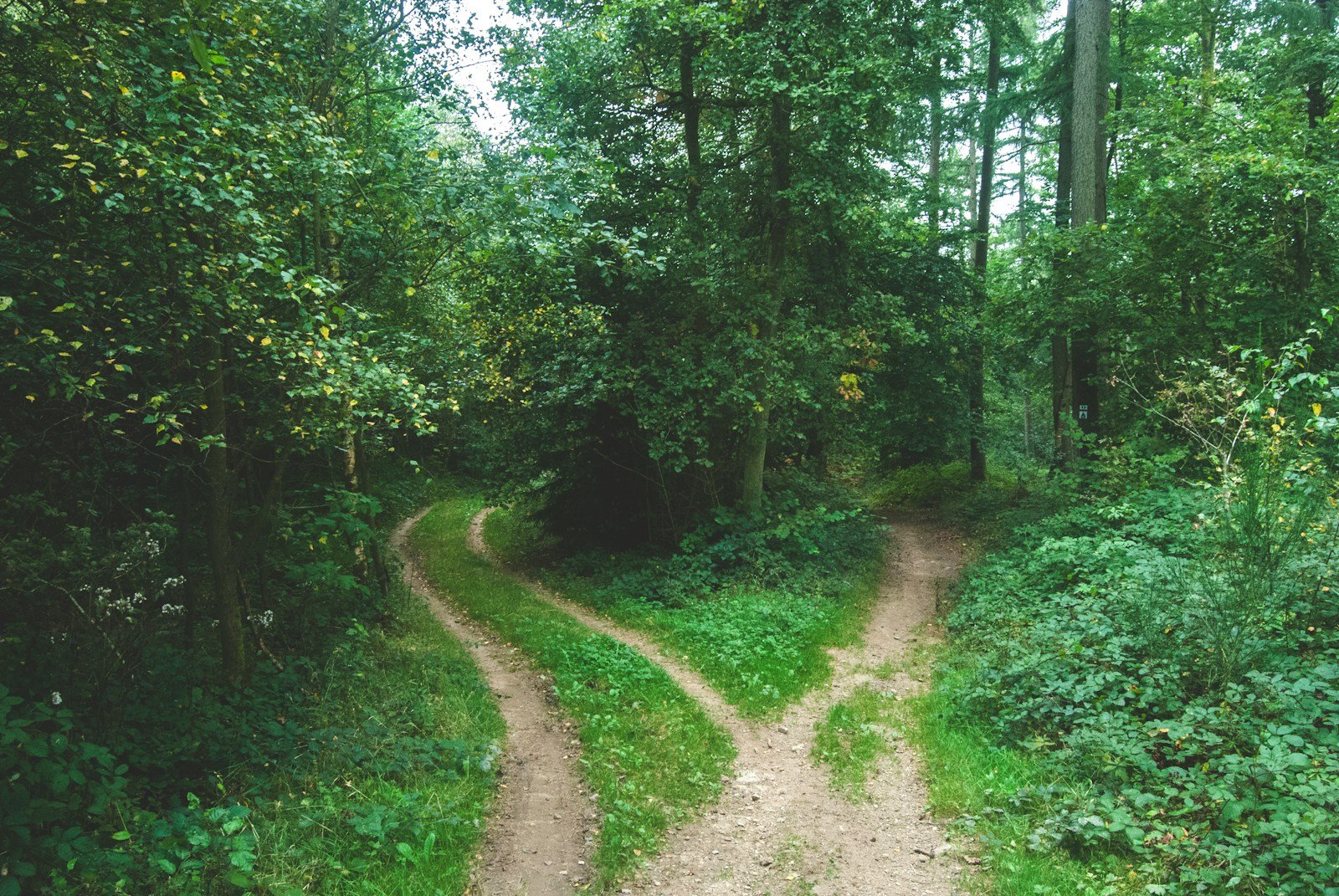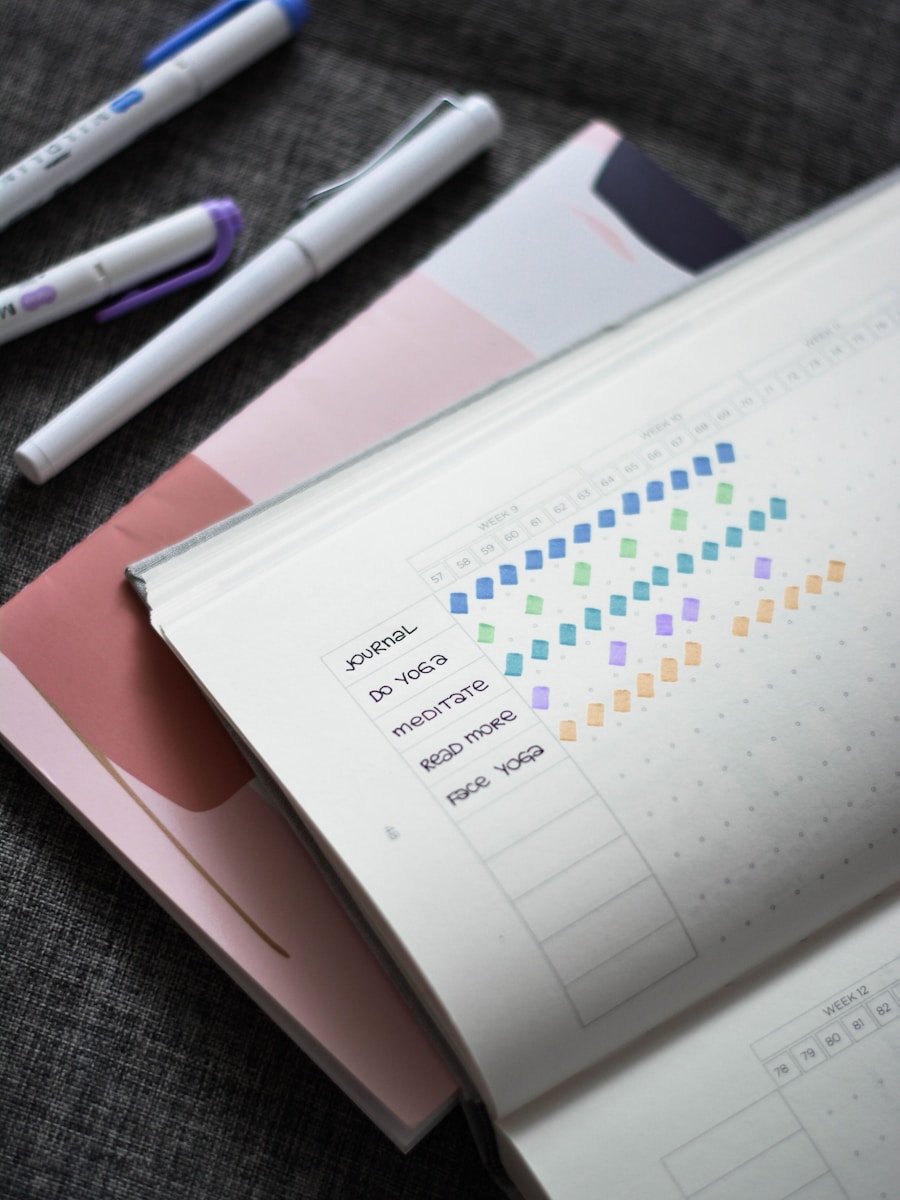Introduction
Patience is a virtue that has been extolled for centuries, yet it often feels like a rare and elusive quality. We live in an era of instant gratification, where everything is just a click away, and waiting has become an inconvenience. However, patience is not just a passive quality; it is a powerful tool that can help us navigate life’s challenges with grace and wisdom. In this article, we will explore the importance of patience and provide practical tips on how to cultivate this invaluable trait.
The Importance of Patience
Patience is more than just waiting; it is the ability to stay calm and composed in the face of adversity or delay. It allows us to pause, reflect, and make better decisions. Here are some reasons why patience is crucial:
1. Meditation for the Mind
Patience is like a form of meditation for the mind. When we practice patience, we train our minds to be present and focused. Instead of being consumed by the desire for immediate results, we learn to embrace the journey and find peace in the process. This shift in mindset not only reduces stress but also enhances our overall well-being.
2. Breaking Free from Quick Dopamine Fixes
We are constantly bombarded with notifications, likes, and instant gratification. This constant stream of quick dopamine hits can lead to a shallow and restless mind. By cultivating patience, we can break free from this cycle and regain control over our attention and focus. Patience allows us to savor the present moment and appreciate the beauty of delayed gratification.
3. Rewiring the Brain
Studies have shown that practicing patience can actually rewire the brain. Researchers at the University of California discovered that individuals who regularly engage in patience exercises have increased activity in the prefrontal cortex, the part of the brain responsible for decision-making and impulse control. This rewiring of the brain leads to better self-regulation and improved emotional intelligence.
4. Making Better Decisions
Impatience often leads to hasty decisions driven by frustration or impulsivity. On the other hand, patience allows us to step back, assess the situation, and consider all the options before making a choice. By giving ourselves time and space to think, we can make more informed and rational decisions that align with our long-term goals.
How to Become Patient
While patience may come more naturally to some individuals, it is a skill that can be developed with practice. Here are some strategies to cultivate patience:
1. Embrace the Power of Now
Instead of constantly living in the future, bring your focus to the present moment. Practice mindfulness and engage fully in whatever you are doing. By training your mind to be fully present, you can reduce anxiety and cultivate a sense of calm.
2. Step Outside and Connect with Nature
Spending time in nature can be incredibly grounding and soothing. Take regular breaks from the hustle and bustle of daily life and immerse yourself in the beauty of the natural world. Whether it’s a walk in the park or a hike in the mountains, connecting with nature can help you gain perspective and cultivate patience.
3. Practice Self-Reflection
Take time each day to reflect on your thoughts, emotions, and reactions. Notice any patterns of impatience and explore the underlying causes. By understanding the root of your impatience, you can begin to address it and cultivate patience in its place.
4. Set Realistic Expectations
Impatience often arises when our expectations do not align with reality. Practice setting realistic expectations for yourself and others. Understand that not everything will happen according to your timeline, and that’s okay. By adjusting your expectations, you can reduce frustration and cultivate patience.
FAQs
Q: Can patience be learned?
A: Yes, patience is a skill that can be learned and developed with practice. It may require time and effort, but anyone can cultivate patience by adopting certain strategies and mindset shifts.
Q: How does patience affect relationships?
A: Patience is crucial in maintaining healthy relationships. It allows us to listen, understand, and empathize with others. When we are patient, we give space for growth and understanding, fostering stronger connections with our loved ones.
Q: Can patience improve productivity?
A: Yes, patience can significantly improve productivity. By cultivating patience, we can resist the urge to rush through tasks and instead focus on quality and attention to detail. Patience also allows us to persevere through challenges and setbacks, leading to greater long-term success.
Conclusion
Patience is a virtue that holds immense power in our world. By cultivating patience, we can rewire our brains, make better decisions, and find inner calm. It is a skill that can be learned and developed with practice. So, let us embrace the power of patience and experience the profound positive impact it can have on our lives.
Sources:







